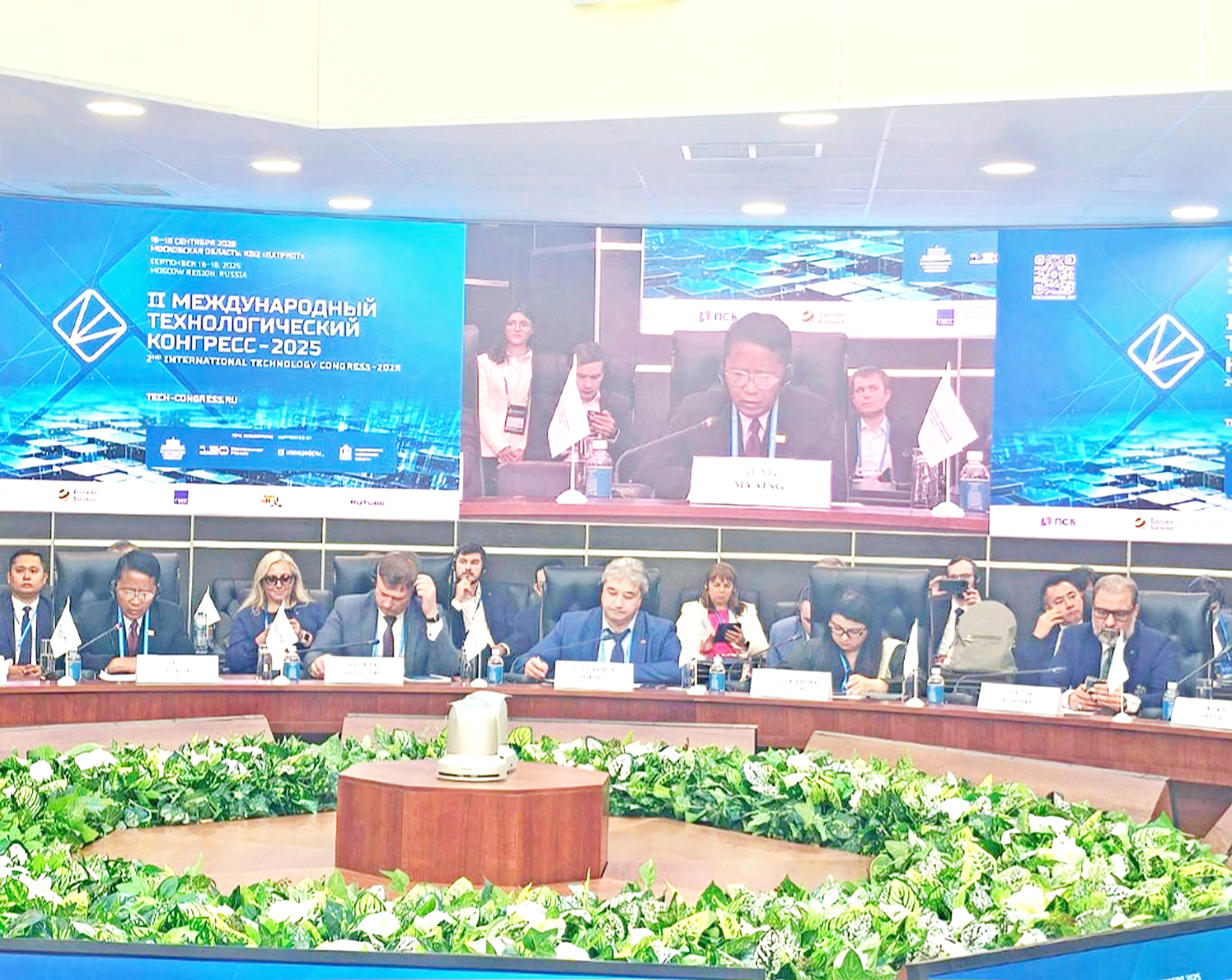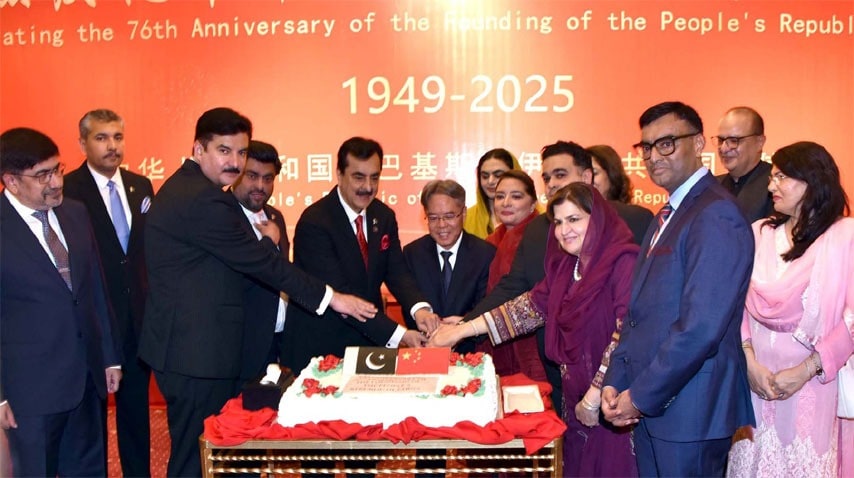By Suraksha P
Copyright indiatimes

India’s rapid emergence as a semiconductor hub is being tested by a shortage of people with deep product development and process knowledge, and factory experience.While talent and skills related to software and AI are available in the country, a lack of talent familiar with chip design and direct factory roles is forcing companies like Applied Materials, Renesas Electronics, Kaynes Technology, Delta Electronics, Marvell Technology, Zetwerk Electronics, and Syrma SGS to look abroad for both training and recruitment, executives told ET.As India moves forward in the sector, it will need people who have product development knowledge, they said.“At the end of the day, it’s a manpower crunch. We don’t have talented manpower in the industry,” said Jasbir Singh Gujral, managing director of Chennai-based engineering and design company Syrma SGS. “Because there is shortage of availability, retention of manpower is also a challenge. So, you have to give them a very conducive, empowered working environment to stay,” he told ET.To bring manufacturing expertise to the country, companies are offering Indians working at their global centres in Singapore, Taiwan and Korea a chance to come back home.They are also sending people to countries like Singapore for training, and bringing people from Singapore, Taiwan, Korea, and China to train people in their India centres.Companies are also driving local skilling efforts through partnerships with diploma schools and technical institutions.ETtech
“In the Bengaluru ecosystem, everything related to software, manufacturing, design, AI, anything that we currently do, we have,” said Suraj Rengarajan, managing director of the Indian arm of US semiconductor equipment manufacturer Applied Materials. “As we move forward, we will need people who have product development knowledge,” he told ET.The company is leveraging its Singapore centre to bring that expertise to India, while Kaynes Technology managing director Ramesh Kannan said its “people are getting trained in Taiwan.”Niranjan Nayak, managing director of Delta Electronics, an equipment supplier for semiconductor manufacturers, said “expatriates or our colleagues from Taiwan come…to help us in terms of developing the ecosystem, whether it is R&D, manufacturing, (or) any other process.”Renesas India is banking on its joint venture with CG Semi and Thai firm Stars Microelectronics to facilitate knowledge transfer. “We have both fabs as well as OSATs in the east of the world. So, cross-training is something that can happen fairly naturally through the joint venture partnership,” said Malini Narayanamoorthi, VP and India country manager of Renesas India.For long-standing players like US semiconductor firm Marvell, cross-border exchanges and knowledge sharing are key. “Every week, I host at least dozens of my colleagues from different parts of the world. We work in global collaboration,” said Navin Bishnoi, managing director of Marvell India. “But when you take the ownership, you need to have that knowledge transfer or cross pollination.”Homegrown approach to skillingJosh Foulger, president of electronics manufacturing services firm Zetwerk Electronics, said it partners with institutions like ICT Academy, a public-private partnership initiative for skill development, and Nasscom’s Skill Council. “We work with them on the curriculum,” he said.He said the firm has already hired about 15 fresh talent from these institutes and “they’re going to be 80% of our workforce.”“I personally don’t think it (talent shortage) is a government problem. I don’t think it’s a skill problem. I think it’s your (industry’s) problem. I think you have to solve it yourself,” Foulger said.Applied Materials’ Rengarajan said “there’s a capability gap today in some areas” such as chip design and direct factory roles. “We will figure out a way to address that.”He said the firm has a big manufacturing centre in Singapore and it’s sending people there on rotation for training. “They bring knowledge back, and we also bring people from Singapore, Taiwan, Korea, and China to come and train people in our India centre,” Rengarajan said.The message from India’s chip leadership is clear—closing the skills gap means embracing global talent pipelines and building robust training frameworks, at home and abroad.



